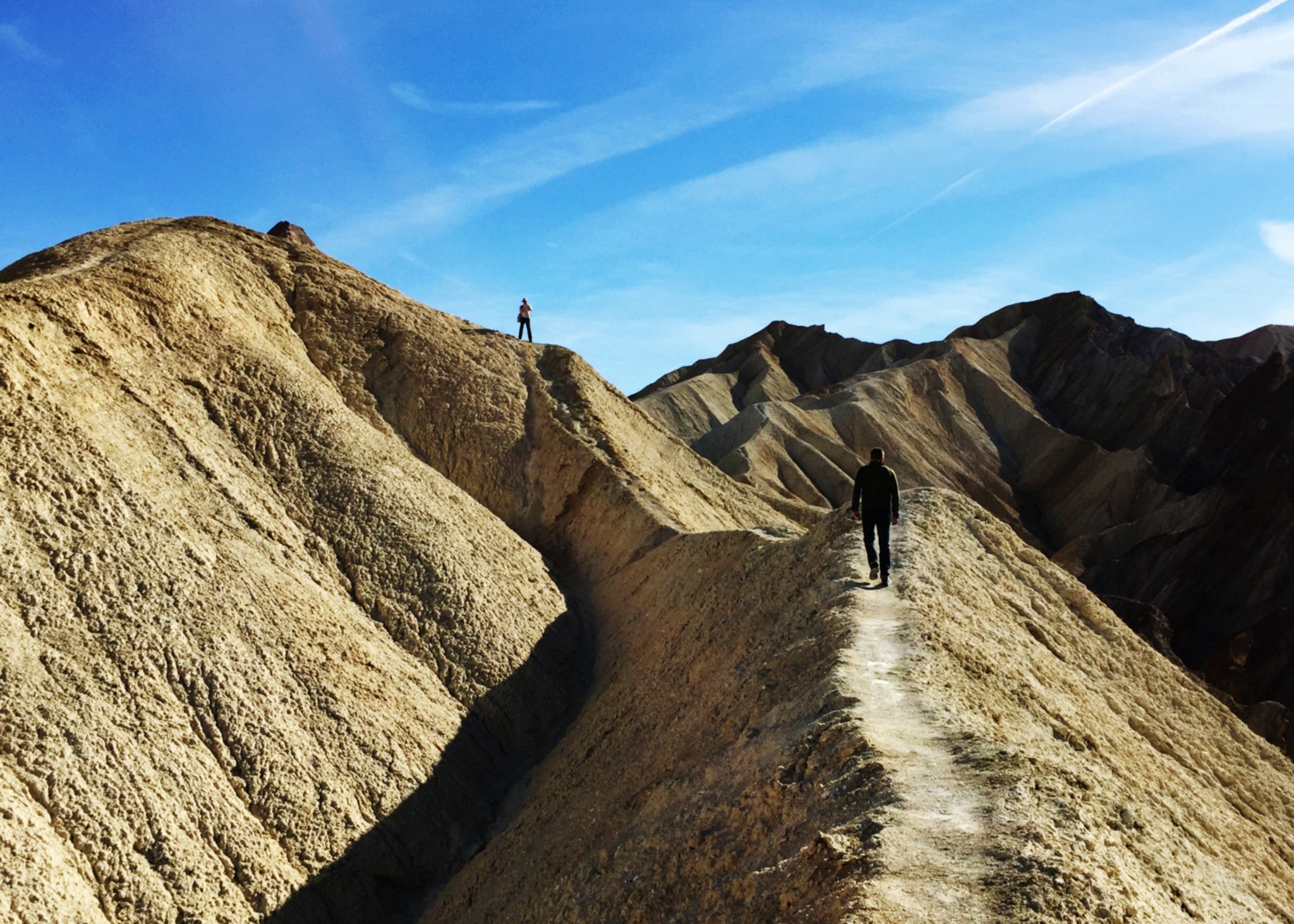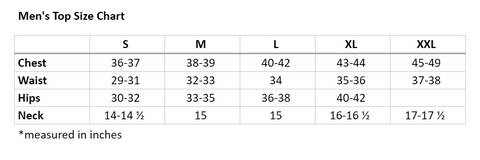
What is Far?

When I was little, I was fascinated by the idea of someplace far away, someplace exotic, someplace different. I would look at maps and imagine myself lost on the far side of the planet, an intrepid explorer playing as Indiana Jones, or Zheng He, or Robert Scott (ill-starred as he might have been). I’d read both Victorian travelogues and fantasy novels, which always seemed to involve trekking across half a made-up world in order to assemble the necessary people and things to finish the quest (Lord of the Rings would not have been as fun if they could’ve fixed Middle Earth’s problems with a few weeks of phone calls and hard thinking in the Shire).
These stories all shared an aspect I didn’t appreciate the importance of then: physical distance, often exacerbated by the hardships of the intervening geography, was the defining characteristic. Tolkien wouldn’t have written three novels if his characters could’ve taken the nonstop redeye to Mordor. Livingstone could’ve phoned home periodically; Marco Polo could’ve dictated his travels into his GoPro over J-term instead of his cellmate in Genoa more than two decades later. Physical distance, while still relevant, no longer is the central difficulty confronting travelers. What is, then? And what does that shift mean?
I’ve read plenty of articles talking about how the world has shrunk. First ships, then locomotives, then air travel, and now the internet have all made distant lands far more accessible. Literature and documentaries can take you to places on the far side of the globe, and with a good author as your guide, bring you to understand them more thoroughly then you might ever by going there yourself. As a consequence, it would be easy to write off travel these days as an indulgence of the relatively rich, or perhaps an exercise undertaken in the few instances when a physical presence is still needed: inspecting a factory in China, or visiting your grandmother in Croatia.
I don’t think the world is smaller. It’s just that physical distance isn’t exactly what makes it big anymore. With a reasonable budget and the right passport, you can get to any major city in a day or so. But that’s what we, in some sense, already know. How many news pieces, or movies, or stories have given you a glimpse into Seoul and Istanbul? The blank spots in our mental maps are still there, they’re just more fragmented. And it’s not just the map that’s fragmenting; it’s our common knowledge of it. My blank spots are probably different than yours, and this creates an illusion of knowing, or at least being close to knowing, just about everywhere.
I was on a train in the Andes, riding to a trail put-in, and I ended up sitting next to a couple from New Zealand about fifteen years older than I was at the time. They were friendly enough to chat with me and – after I expressed my enthusiasm for travel – tell me story after story of all the places they’d visited or lived. I couldn’t help but feeling envy; they seemed to have been everywhere. That became my image of the truly accomplished traveler for a time: someone who was unfamiliar with nowhere. Slowly, that image started to scare me: what happened when I had been everywhere? The world would become small and finite, and I would become bored and tired.
I was wrong on two counts. First, there are countless places that still take a huge effort to get to. There are still places that are very far away. The struggle to get there is just about more than distance now. Second, I started to understand something I’m sure more enlightened travelers than me have understood for a long time: there really isn’t anywhere new. Not really. But there is an infinitude of places which are new to you.
Newness is a function of what you have already experienced. And that’s the real key to exploratory travel, I think. It’s what you find weighed against what you know. If no one, according to the old question, can see the same red, imagine trying to see the same Tokyo.
There was a danger, too, in how I was wrong. I wanted to have been everywhere. If you want to conquer newness, to have it be something you’ve put behind you, you eventually will. You’ll see a new way to inhabit a house, or design a park bench, or communicate a courtesy, and you’ll find yourself thinking, “Oh, I’ve seen pretty much exactly that somewhere before.” And you’ll grow jaded.
But, if you simply want to explore, to find that next hilltop, you start to find that novelty grows in power as you accumulate more memories to weigh it against. That common courtesy just given will impress you all the more; you’ve seen dozens of ways to say thank you, so why do it in that fashion? What led there? The implications spiderweb away from you, leading to new places, new destinations, and sometimes to somewhere familiar, too.
More experiences are still my aspiration, but only because they compound upon themselves. Each one adds further dimension to the next, and to all those before. I said I didn’t think the world has grown smaller. On the contrary, I think it has grown bigger. Not only has the number of places you could visit grown, but the combinations of experiences you could possess have multiplied spectacularly. The world has only grown smaller if you aren’t looking that closely.
So what is far? I think far is just someplace that takes a while to get to. It’s not physical, though that’s some of it. On my first trip out of my country, to London, I was surprised at how I didn’t feel like I was someplace else – the sensation of here didn’t suddenly become a sensation of there.
Instead, as corny as it sounds, it’s you. Getting to a different set of experiences, when you start seeing new things through the lens of a new set of memories, of people and places, of concepts and ideas, is, I think, how you know you’re far away from where you were before.Leave a comment
Comments will be approved before showing up.
Also in Discover





